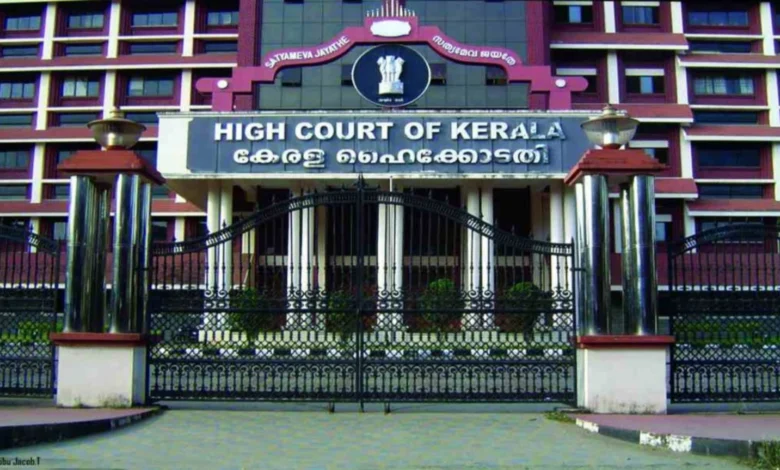EPFO Pensioners denied Higher Pensions, Kerala High Court rules in Favor

The recent Kerala High Court ruling has brought good news for EPFO pensioners who were denied higher pensions due to technical or procedural issues. This decision is a huge relief for those who contributed to their pension scheme but were denied the benefits they earned because of errors that occurred during the process.
What Does the Kerala High Court Ruling Mean?
In a landmark judgment, the Kerala High Court stated that the Employees’ Provident Fund Organisation (EPFO) cannot deny higher pension to an EPF pensioner just because contributions were made in bulk instead of on a monthly basis. This is a major step toward ensuring that procedural mistakes do not result in pensioners losing out on their rightful pension amount.
Background of the Employees’ Provident Fund (EPF)
The Employees’ Provident Fund Organisation (EPFO) was established in 1995 under the Employees’ Provident Funds and Miscellaneous Provisions Act, 1952. Its main purpose is to provide employees in India with a reliable retirement savings plan and social security benefits.
Key Points of the Kerala High Court’s Judgment
The Kerala High Court’s decision is based on the principle of “natural justice.” The court emphasized that procedural mistakes should not prevent employees from receiving their rightful benefits. The judgment specifically referenced the Supreme Court’s ruling in the EPFO vs. Sunil Kumar case, reinforcing the idea that employees should receive a higher pension if they and their employers have made contributions according to the rules, regardless of any procedural errors that may have occurred.
Sunil Tyagi, Managing Partner at Zeus Laws, explained that this ruling addresses a common issue that many pensioners face. He described the decision as a positive step forward in protecting employees’ pension rights.
Case Involved in the Ruling
The case involved four retired employees from the Thiruvananthapuram Regional Co-operative Milk Producers Union, who filed writ petitions before the Kerala High Court. These employees had contributed their full salary towards the EPF, but they faced delays or bulk contributions instead of monthly payments. The court ruled in their favor, ordering the EPFO to pay them higher pensions based on the full salary they had contributed during their service.
What This Ruling Means for Employees
This ruling stresses the importance of interpreting pension rules fairly and ensuring that employees get the benefits they deserve based on their actual contributions, not based on whether the payments were made on time or in bulk. It’s a significant victory for workers and will help create a fairer pension system.
Tyagi also pointed out that this decision will have far-reaching consequences, benefiting thousands of pensioners who were denied higher pensions or faced delays due to EPFO’s procedural issues. It also prioritizes the substance of the contributions over technicalities, ensuring that employees are not unfairly penalized for errors beyond their control.
Impact of the Ruling
This judgment has the potential to benefit many pensioners who have faced similar issues in the past. It is expected to prompt other High Courts to adopt a similar approach, prioritizing employee rights when interpreting pension-related cases.
In conclusion, this landmark ruling by the Kerala High Court is an important step in ensuring that employees’ pension rights are protected and that the EPFO system is more accountable to its contributors. It’s a much-needed victory for pensioners and could pave the way for more fair and transparent pension policies in the future.